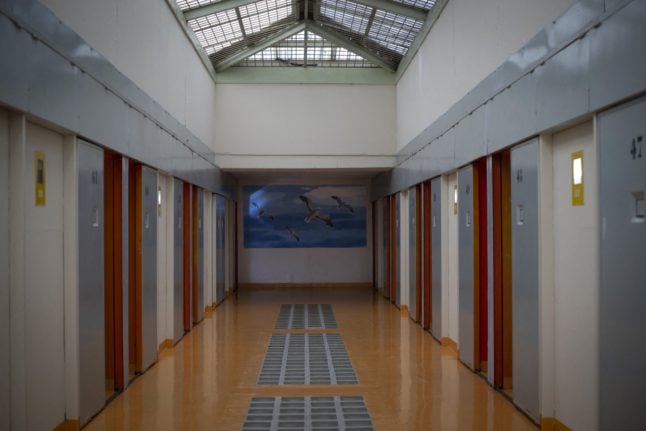Asier Mardones and Josune Ona “have been a couple since 2006 and their prison situation allows them to live together” at the jail in the northern province of Álava where they are serving their sentence, a spokeswoman for the Basque Country justice department, in charge of the region’s prisons, told AFP.
“This is not the first time that a couple has shared a cell, it has already happened with same-sex couples”, she said.
The pair were sentenced to 25 years behind bars for attacking and injuring police officers in 2003 and other crimes, according to Basque daily newspaper El Correo which first broke the news on Monday that the couple have been sharing a cell since last month.
ETA formally disbanded in 2018, ending a decades-long campaign of bombings and shootings for an independent Basque homeland straddling northern Spain and
southwest France in which it killed over 850 people.
But many Spaniards believe it has left open wounds and the treatment of former members of the group, which was designated a terrorist organisation by the European Union and the United Stares, remains highly sensitive in Spain.
The news that Mardones and Ona are sharing a prison cell “has caused deep consternation and indignation among the collective of victims of terrorism”, the Association of Victims of Terrorism (AVT) wrote in a letter sent to Basque judicial authorities on Monday.
The group also asked them to confirm or deny reports that the pair are allowed to leave the prison to attend classes in the nearby city of Vitoria, the capital of the Basque Country.
But the Basque Country justice department spokeswoman said allowing the couple to share a cell was “not a privilege” and the prison administration does not “dinstinguish between inmates” based on their convictions.



 Please whitelist us to continue reading.
Please whitelist us to continue reading.
Member comments